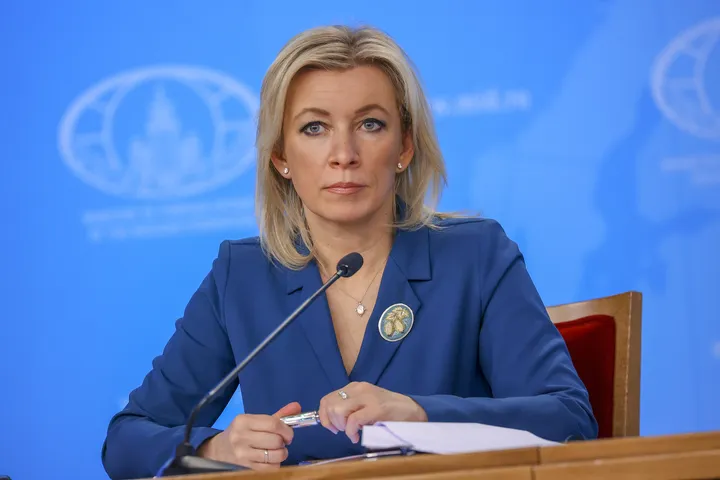The 27th Conference of the Parties of the UNFCCC (United Nations Framework Convention on Climate Change), also known as COP27, kicks off on Sunday. Delegates including negotiators and civil society representatives from more than 200 countries are set to meet in the Egyptian Red Sea resort of Sharm el-Sheikh from November 6 to 18.
The conference has been taking place every year since the UNFCCC was signed in 1992. In the 2015 Paris Agreement, 194 countries pledged to “pursue efforts” to limit global temperature rises to 1.5C. In its latest assessment report, the Intergovernmental Panel on Climate Change (IPCC) says climate change impacts are “hindering efforts to meet basic human needs and they threaten sustainable development across the globe.”
Although Russian delegates are expected to attend the conference, Vladimir Putin will not be at the conference. China and India will not attend the leaders' summit that opens the talks.
The Swedish activist Greta Thunberg has announced she would boycott the conference, calling it a “greenwashing” exercise.
This is only the fifth time a COP is held in Africa, despite the continent suffering some of the worst consequences of climate change, including drought affecting 17 million people in East Africa.
COP27 will pick up on some of the issues that were left pending at COP26, with the Egyptian presidency calling it the “implementation COP”.
These include climate finance for developing countries, a just transition to renewable energy for emerging nations, further commitments to reduce coal use, and emission reduction targets.
Mitigation
The gap between countries’ climate pledges and the scale of emissions cuts required to meet the Paris Agreement’s target of keeping warming below 2C or 1.5C will continue to feature prominently in the negotiations.
At COP26, countries agreed to set up a new “work programme” on cutting emissions – whose implementation will have to be finalized this year. Among the most contentious issues will be the decarbonization of major emitting sectors, including the fossil fuel industry.
Meanwhile, very few countries have updated their emission reduction targets, also known as Nationally Determined Contributions (NDCs). Their deadline is the end of 2022.
Adaptation
Developing nations will push rich countries to honour the yet-unfulfilled pledge to provide $100bn in climate finance every year by 2020. Not only that promise remains unmet, but critics point out that the vast majority of the funds are disbursed in the form of loans rather than grant, further locking developing countries in a “debt trap”.
At last year’s COP, a promise was made to double the share of climate finance that goes to adaptation - such as building flood defenses or building climate-resilient homes – from $20 to $40 bn a year. Negotiating groups including the G77 and China will be looking for that pledge to be met.
Loss and damage
Negotiating groups from developing countries have been pushing to get climate reparations, known in UN jargon as “loss and damage”, on the agenda of negotiators. It refers to climate finance to address the unavoidable and irreversible impacts of the climate crisis on developing nations that are least responsible for climate change, but are suffering some of its worst effects.
“The world’s response to the challenge of climate change has been devastatingly slow and the resulting rise in global greenhouse gas emissions has already led to irreversible loss of lives, livelihoods and cultures, and damage to people and property,” said Madeleine Diouf Sarr, Chair of the Least Developed Countries (LDC) negotiating group, in a press release ahead of the conference.
“The global response to the now inevitable impacts of climate change must take centre stage at COP27.”
This year, the discussion is set to move to practical solutions. These include the “global shield” proposed by Germany and supported by the G7 nations – a form of insurance for climate-vulnerable countries – and the V20 fund, a pilot for how a potential international funding mechanism for loss and damage could work, proposed by a negotiating group 20 countries most exposed to climate change effects.
























